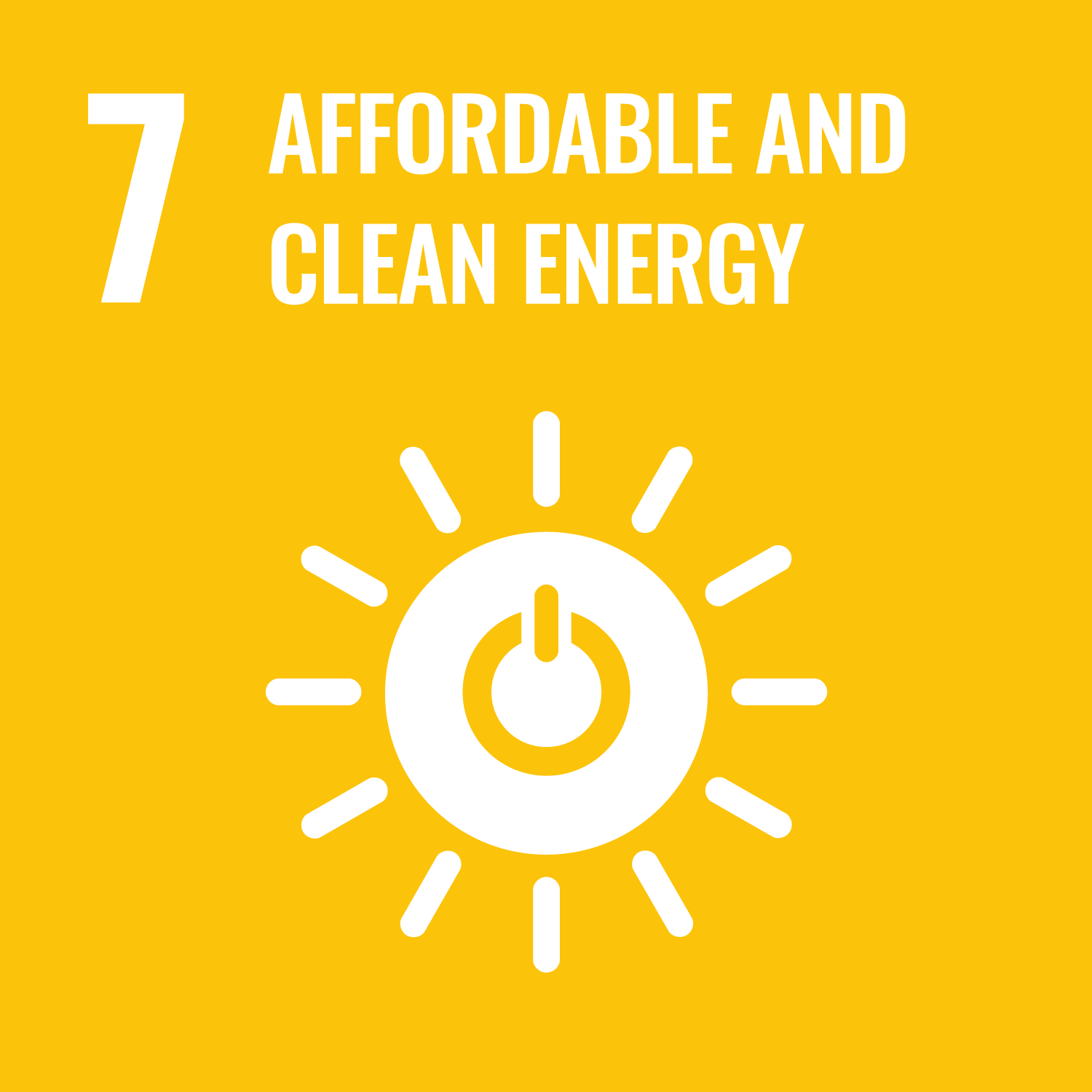ORCID
- Anna Holcombe: 0009-0003-0925-2298
- Deborah Greaves: 0000-0003-3906-9630
- Martyn Hann: 0000-0003-3965-9331
Abstract
This contribution to the CCP-WSI FOWT comparative study presents numerical results from three popular potential-flow-based models, including OpenFAST, Orcaflex and WEC-Sim. The subject of the study is the VolturnUS-S semi-submersible platform with the IEA 15MW reference wind turbine. Decay tests and focused waves are simulated in the numerical models, and these are compared to experimental results, using a 1:70 scale model of the system. Comparisons between the numerical models and physical experiments are made. Results of surge motion response and line tension are presented for the decay tests and focused wave tests. The numerical models are seen to underpredict surge response in the low frequency regions of the extreme focused wave test for all three numerical models and of the operational focused wave test for WEC-Sim. Adding an empirically tuned coefficient proportional to the relative velocity between the platform and the water particles in WEC-Sim is seen to improve results in surge motion response significantly, resulting in better agreement than any of the other numerical models. Mooring line tensions are also compared in this study, and an underprediction is observed during the extreme focused wave test for the fore and aft mooring lines, including in the wave-frequency region.
Publication Date
2023-06-19
Event
33rd International Ocean and Polar Engineering Conference, ISOPE 2023
Publication Title
The Proceedings of The Thirty-third (2023) International OCEAN AND POLAR ENGINEERING CONFERENCE
Volume
9781880653807
ISSN
1098-6189
Acceptance Date
2023-04-12
Deposit Date
2023-07-31
Additional Links
https://publications.isope.org/proceedings/ISOPE/ISOPE%202023/data/authorindex.html#authH, https://www.scopus.com/pages/publications/85188750146
Keywords
Floating offshore wind turbine platform, potential flow modelling, scaled experiments, semi-submersible
First Page
454
Last Page
460
Recommended Citation
Holcombe, A., Edwards, E., Tosdevin, T., Greaves, D., & Hann, M. (2023) 'A comparative study of potential-flow-based numerical models to experimental tests of a semi-submersible floating wind turbine platform', The Proceedings of The Thirty-third (2023) International OCEAN AND POLAR ENGINEERING CONFERENCE, 9781880653807, pp. 454-460. Retrieved from https://pearl.plymouth.ac.uk/secam-research/1938


